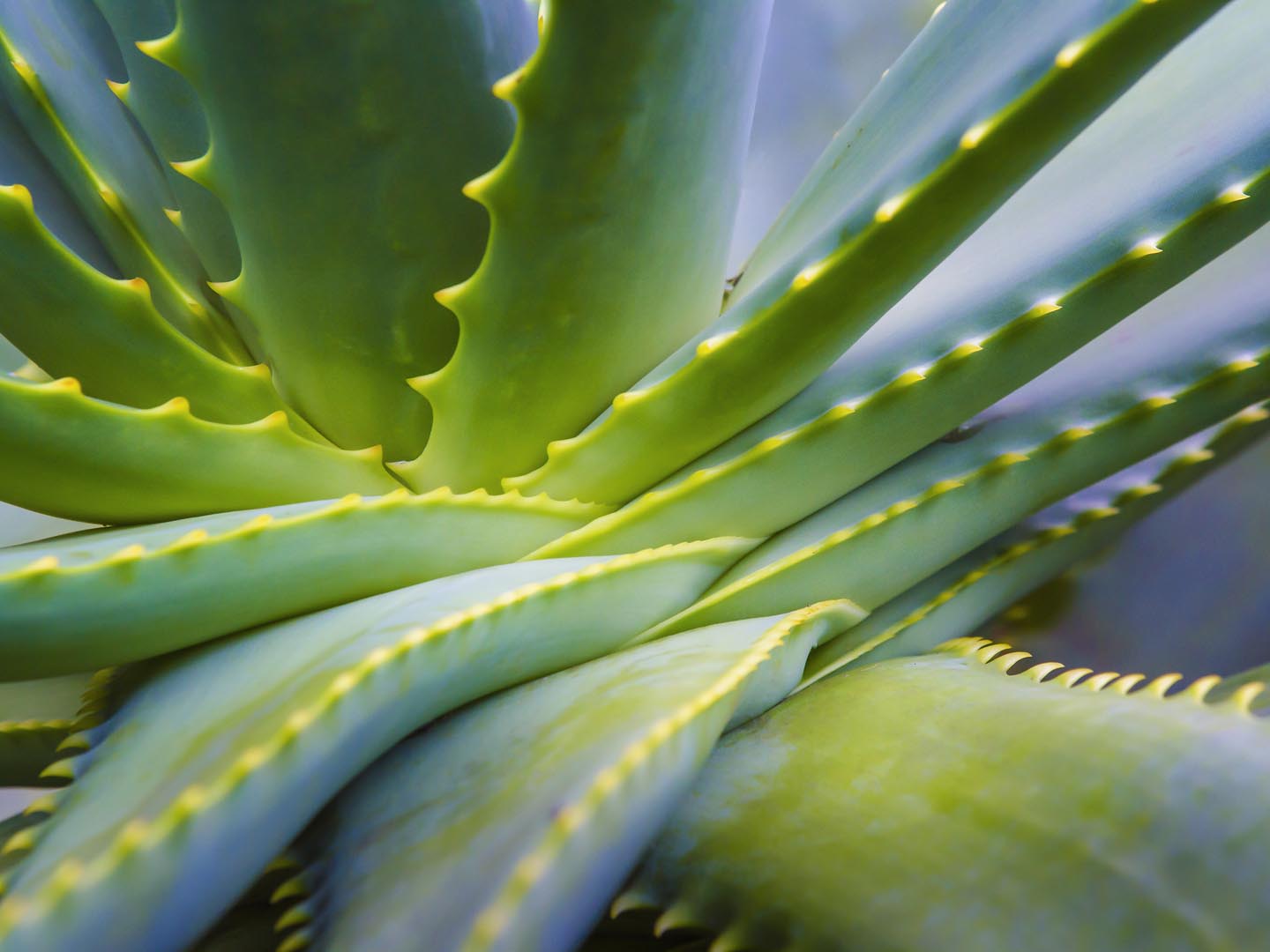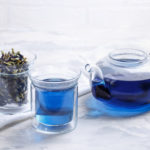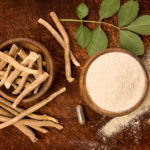Turmeric

Turmeric (Curcuma longa)
The rhizome (underground stem) of Curcuma longa, a member of the ginger family, yields the yellow spice turmeric. It has long been used in India and other Asian countries as an herbal medicine and food.
In the 13th century, traders introduced turmeric to Europe, where it was called Indian saffron because it looked like the spice saffron. It is responsible for the bright color of curried dishes and American yellow mustard.
Best Uses For Turmeric:
Research studies are most often focused on the antioxidant and anti-inflammatory properties of turmeric’s main active ingredient curcumin (no relation to the spice cumin), which may offer protection against certain cancers, help address arthritis, benefit those with inflammatory bowel disease, reduce blood sugar, and help prevent Alzheimer’s disease. Turmeric is recommended as part of an anti-inflammatory diet
Turmeric can be taken orally to assist in treating osteoarthritis (OA) and rheumatoid arthritis (RA). Some clinical studies show turmeric extract can reduce joint pain and improve functionality. It also helps reduce the need for NSAIDs and other pain medications. Other studies suggest that turmeric may also reduce symptoms of RA, but more research is needed.
Preliminary studies suggest regular ingestion of turmeric extract may help stabilize or even prevent colorectal cancer.
Growing evidence suggests that the spice may help protect against Alzheimer’s disease. The main constituent of turmeric, curcumin, appears to block the progression of Alzheimer’s disease in mice. Epidemiologic studies of Indian populations, whose diets are rich in turmeric, show that rates of Alzheimer’s disease are very low in these groups. More research is needed to confirm or disprove the effectiveness of turmeric for Alzheimer’s disease prevention.
The curcumin in turmeric may also prevent oxidation of cholesterol, reduce the progression of atherosclerosis, and protect against heart attack and stroke.
Topically, turmeric is used for a variety of skin disorders including ringworm, skin inflammation, and bruising. It is also used as an analgesic.
Turmeric is a culinary spice and an important ingredient of curry powder. Turmeric essential oil is used in perfumes and as a color component in many foods.
Turmeric Is Available In:
Turmeric is available in powdered form as a culinary spice, and in tablets and capsules as medicinal extracts. It should be labeled as an extract of turmeric standardized to the compound curcumin or curcuminoids.
Interactions And Warnings:
Turmeric is considered safe when used appropriately and according to the label. Those with liver disease should use turmeric with caution.
There are no known drug interactions, but in rare instances, daily use of turmeric over an extended period of time may cause stomach upset or heartburn in some patients. Those taking medication for diabetes should be aware that turmeric may reduce blood sugar levels.
Women who are pregnant should avoid turmeric due to the possibility of uterine stimulation. There is insufficient information about the use of turmeric for women who are nursing, so contact your doctor before taking it.
Do not take turmeric if you have gallstones or bile duct dysfunction, as it may influence gallbladder contractions. Turmeric also exhibits antiplatelet effects and may promote bleeding if used immediately before surgery. Discontinue use of turmeric two weeks before surgical procedures.
When Buying Turmeric:
Look for products standardized to 95 percent curcuminoids and that also contain black pepper (or piperine or bioperine) to improve absorption. For cooking, choose brightly colored and aromatic turmeric powder.
Turmeric Dosage:
Adults can take 400 to 600 mg of turmeric extract three times per day or as directed on the product label. The dried spice is not effective for addressing specific conditions but is good for general health.
Child Dosage:
Young children should not be given turmeric.
Dr. Weil Says:
The bottom line is that turmeric is good for you so find ways to include it in your diet. If you are a lover of Indian food like I am that should not be too difficult. I have long recommended drinking turmeric tea, a popular drink in Okinawa, and probably one of the reasons that lifespans are longer there than any other country. I frequently recommend turmeric supplements and believe them to be more effective than isolated curcumin for inflammatory disorders. . When shopping for supplements, make sure that the one you choose contains black pepper extract or piperine. (If you’re cooking with turmeric, be sure to add some black pepper to the food.). Note that piperine can slow the elimination of some prescription drugs including phenytoin [Dilantin], propranolol [Inderal], and theophylline. Be patient when taking turmeric supplements: the full benefits may not be apparent for eight weeks.
Learn more about turmeric:
- Three Reasons To Eat Turmeric
- Turmeric For Depression?
- Curcumin Or Turmeric?
- Turmeric For Arthritis?
- Cooking With Turmeric
Sources
American Cancer Society – cancer.org/Treatment/TreatmentsandSideEffects/ComplementaryandAlternativeMedicine/HerbsVitaminsandMinerals/turmeric
Consumerlab. consumerlab.com/tnp.asp?chunkiid=21874 (accessed July 18, 2016)
Natural Health, Natural Medicine: The Complete Guide to Wellness and Self-Care for Optimum Health, by Andrew Weil.
Natural Database – naturaldatabase.therapeuticresearch.com/nd/Search.aspx?cs=NONMP&s=ND&pt=100&id=662&fs=ND&searchid=37594816
Reviewed by Russell Greenfield, M.D., August, 2016. Updated June 2024.









